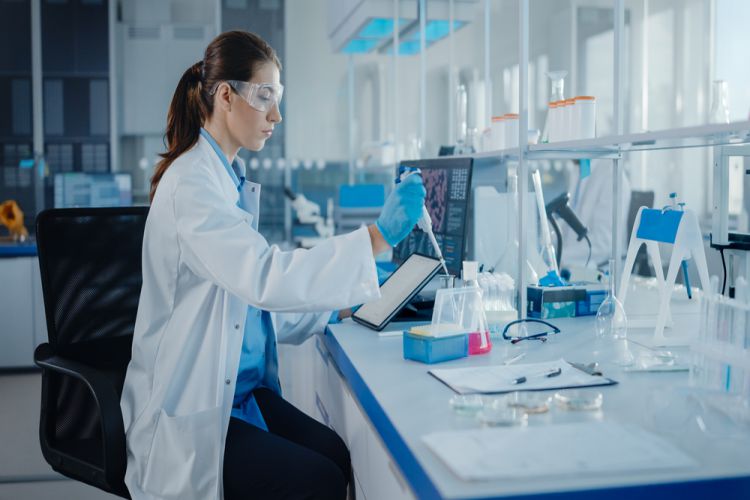 There are lots of chemical, biological, and physical hazards present in the lab. Keeping your laboratory clean and tidy is essential to keep your staff safe and ensure accurate research, among other benefits.
There are lots of chemical, biological, and physical hazards present in the lab. Keeping your laboratory clean and tidy is essential to keep your staff safe and ensure accurate research, among other benefits.
It is recommended you bring in a specialist cleaning company, like ICE Cleaning, that offers laboratory cleaning services regularly. ICE Cleaning’s services include cleaning and sterilizing lab equipment and surfaces and decontaminating the lab environment. It operates nationwide, 24/7, 365 days a year.
Keep reading to find out the dangers of working in a laboratory, and how to make it safe for lab workers.
The most common dangers in labs
- Fires and explosions: not only are some chemicals very flammable, but their vapors can also travel far and ignite in the presence of a flame or spark. You must keep fire extinguishers in the lab, and ensure all staff know where they are and how to use them in the event of a fire.
- Chemical burns: corrosive chemicals when spilled or splashed onto the skin can damage your skin, body tissue, and eyesight. Appropriate personal protective equipment (PPE) that provides chemical-splash protection should be worn and workers need to exercise caution handling dangerous chemicals.
- Thermal burns: Bunsen burners and other heating devices can cause injuries. Workers should know how to safely use equipment and what to do in the event they get burned.
- Inhalation of toxic fumes: some chemicals produce a vapor that can irritate the membranes of the eyes, nose, throat, and lungs. The lab must be ventilated and workers should keep a safe distance when using chemicals to minimise exposure.
- Cuts: broken glassware is common in laboratories as it is often handled roughly. Glass can damage the skin and eyes which may lead to infections. Serious cuts could even sever nerves and tendons. Correct handling of glassware and equipment will reduce these accidents.
How to keep your laboratory safe
There are lots of ways to minimize these hazards and ensure your workers stay safe. Firstly, make sure they have been provided with sufficient information and training on safety rules. The rules should be clearly posted around the laboratory.
Ensure all work equipment is safe to use and is always used according to the manufacturer’s instructions, too. PPE requirements must be communicated to lab workers, as well.
You must also outline housekeeping standards for the laboratory so it is kept clean and tidy, such as disposing of waste promptly and cleaning up spills straight away.
Finally, you should bring in professional cleaners, like ICE Cleaning’s technicians, to deep clean and disinfect your lab regularly to give you peace of mind that it is safe, clean, and free of clutter.
ICE Cleaning’s technicians have plenty of experience providing their lab cleaning services for several biopharma and medical suppliers, including cleaning pharmaceutical equipment. In an emergency, they can be on-site for several hours.
You can find out more about ICE Cleaning and its specialist cleaning services on its website.




